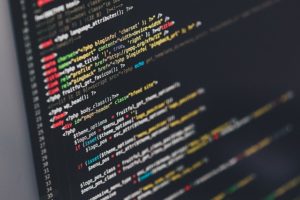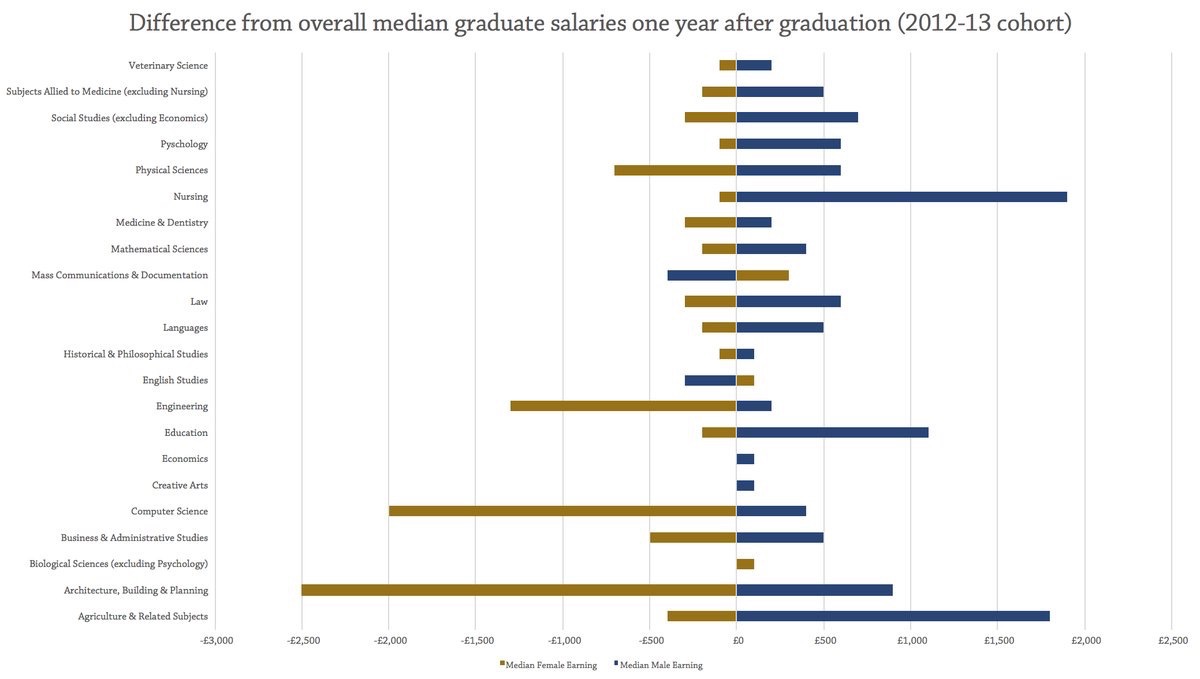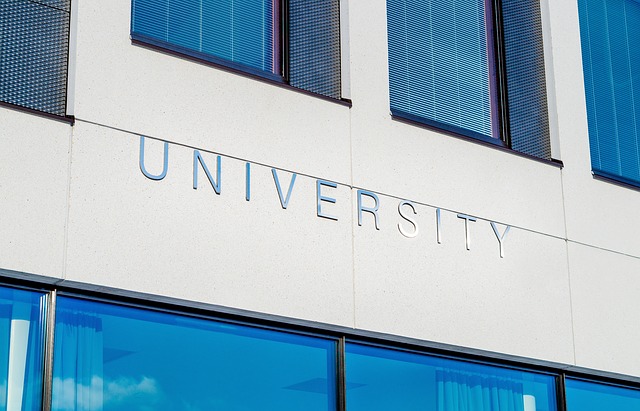Normally I have not made great noises about my Finnish nationality. And it has never crossed my mind to to start blogging in my own language – after all, I have been working several years as a European researcher (using English as the working language). However, this year – the year 2017 – is something different. Finland is celebrating the 100th anniversary of its independence (I have already blogged on this after the 99th Independence Day 2016). And today, on the 28th of February we celebrate Kalevala – our national saga. So, this calls for a little explanation on the importance of Kalevala for our nation-building and on the circumstances in which it was created.
Finland in the 19th century – the search for Finnish national identity and Finnish national saga
During the Napoleon wars in the 19th century Sweden lost Finland to Russia. Since the wars were going on elsewhere in Europe, Russia was inclined to integrate the new province in a smooth way. So Finland was granted the status of an autonomous Grand-Duchy and the Russian Czar adopted the title Grand-Duke of Finland as well. Finland could keep the old Swedish legislation and govern itself as before – now showing loyality to the new rulers. This could be settled rather easily.
Yet, for the language, culture and national identity this transition was a challenge. So far the educated classes had spoken Swedish and tried to integrate with the elites of the Swedish motherland, whilst Finnish had remained as a language of uneducated. Now, Russian language came into picture as the language of the new rulers. The educated classes faced the question – how to position themselves in the new situation. A new movement emerged with the motto: “We are no longer Swedes, we don’t want to become Russians – let us be Finns!”
And as a part of this movement several hobby-folklorists started to roam around the rural areas to collect old folklore runes and songs to compile the new nation in making its national saga. The leading person in this movement was Elias Lönnroth who collected a huge amount of folklore and edited the national saga “Kalevala”. This saga tells of the arcaic ‘motherland region’ of Finland – Kalevala and of the ancient heroes of the past. Strangely enough, most of these heroes were tragic or tragicomic characters and this was explicit in the stories. (Perhaps the ancient Finns were kinsmen of Kaurismäki.)
The Kalevala runes
As usual with ancient folklore, the stories were told as runes or sung as songs, With Kalevala, the metrics were similar as Ilias and Odyssey: the Kalevala-trokee. Therefore, the obligatory Kalevala-reading at schools has been a challenge for the younger generations. So, it has been easier to pick the tradition via shortcut-versions of particular versions, modern-styled movies with ancient characters or cartoon-versions with dog-shaped humans portraying the Kalevala characters.
But enough with the explanations – let us give sample of Kalevala poetry! Below I start with an original quote (the first verses of Kalevala). Then I continue with a self-styled Kalevala Day greeting (bringing the main Kalevala characters and their contributions together). And to be sure – this all will be in Finnish. And to pick metric, I have hyphenated the first verses. Enjoy it!
Mie-le-ni mi-nun te-ke-vi, ai-vo-ni ajat-te-levi,
lähte-ä-ni lau-la-ma-han, saa’ani sa-ne-le-mahan,
suku-virttä suolta-ma-han, laji-virttä lau-la-mahan …
Väinämöisen kanteleista, Ilmarisen ahjoista,
joukahaisen jousesta, Lemminkäisen miekasta,
Kullervon kirouksesta, Aino-neidon kohtalosta …
Mutta toki muistanemme, mielessämme kantanemme
Ilmattaren aikojen alusta – Väinämöisen kantajan,
Pohjan Akan mahtavan – Kalevalaisten pelkäämän,
Pohjan Tytin kaunokaisen – Ilmarisen emännän,
Lemminkäisen äidin huolen – poikansa pelastajan,
Sekä meidän Marjatan, jolle poika puolukasta.
Näistä kertoo Kalavala, Suomen kansan tarina,
juhlapäivä tänään on, juhlavuosi verraton!
– – –
This was my contribution to the Kalevala Day celebration on this special jubilation year of Finland. I think I will get back to topics like this later on this year.
More blogs to come …
 Interesting press release from Reuters regarding the American Coding Boot Camps – a model some policy makers in Europe have been looking at as a model for adoption.
Interesting press release from Reuters regarding the American Coding Boot Camps – a model some policy makers in Europe have been looking at as a model for adoption.


